Let’s face it, estate planning is not on your short list of things to get done. It involves attorney fees, defining and organizing your assets, and making difficult decisions about your future and that of your loved ones. In many cases, people finally do their estate planning at the end of life, when thoughts of what will become of their estate are looming.
It is never too early to make estate planning a priority. Estate planning should be looked as a process, and a good estate plan should be revised over time to evolve with your changing life circumstances. The most important step is to get something in place so that your loved ones are not left guessing at your intentions. Basic estate documents that everyone should have include a Will or Trust, a Power of Attorney, a Living Will, and Health Care Directive. It is also important to review the beneficiary designations on non-estate assets, such as retirement accounts and life insurance policies.
Estate planning is not only for the very wealthy. A proper plan directs the assets you have to your chosen heirs, and very importantly, allows you to choose designated guardians for your children. Estate planning ensures that your assets will be transferred smoothly when the time comes and allows you peace of mind that your decisions will govern.
What you may not know is that you already have an estate plan. If you have not created a tailored estate plan with an estate planning attorney, your estate plan is the one set forth by state intestacy statutes. In Connecticut, intestate succession goes like this:
If you die with:
Your estate is distributed as follows:
Children but no spouse
Children inherit everything
Spouse but no descendants or parents
Spouse inherits everything
Spouse and descendants from you and that spouse
Spouse inherits the first $100,000, plus 1/2 of the balance; your descendants inherit everything else
Spouse and at least one descendant from you and someone other than that spouse
Spouse inherits 1/2; descendants inherit everything else
Spouse and parents
Spouse inherits the first $100,000, plus 3/4 of the balance; parents inherit remainder
Parents but no spouse or descendants
Parents inherit everything
Siblings but no spouse, descendants or parents
Siblings inherit everything
*Conn. Gen. Stat. §§ 45a-437; 45a-438; 45a-439.
If you die without an estate plan and you don’t have any surviving family, your property will “escheat” and become property of the State. This scenario is unlikely to be what anyone intends for their assets upon death, but it does happen.
Contact Sullivan Estate Law to get your estate plan in order today.
